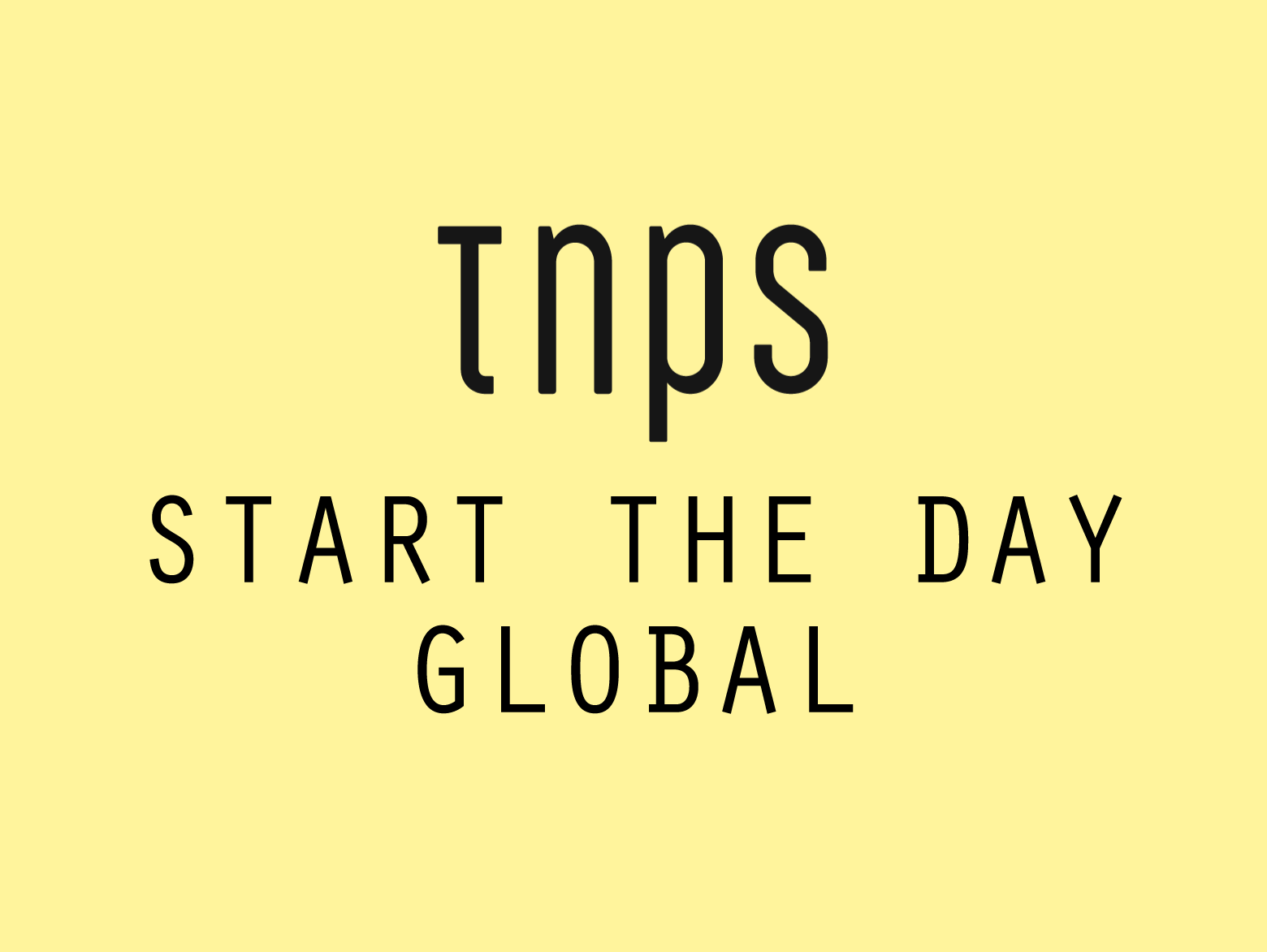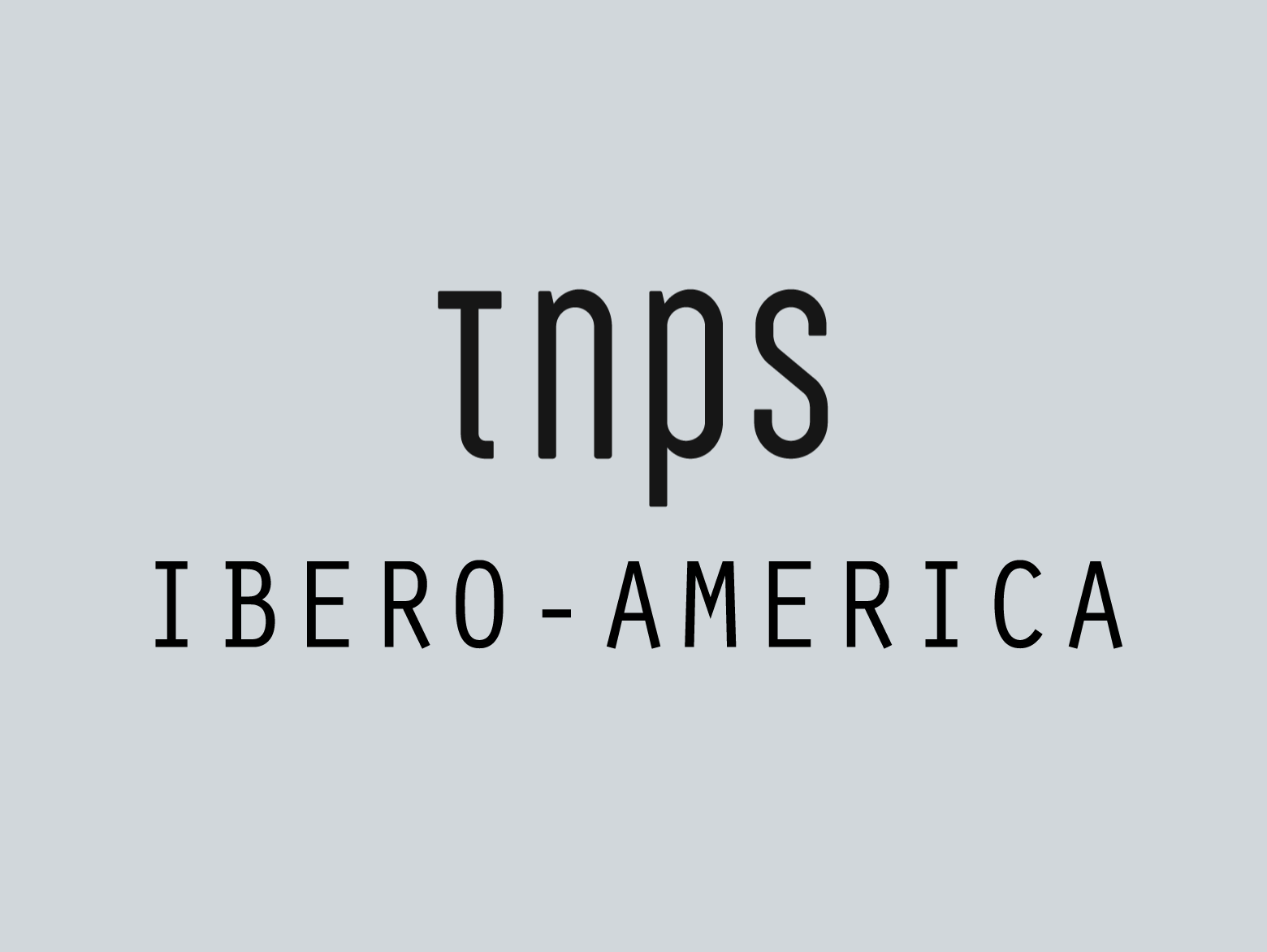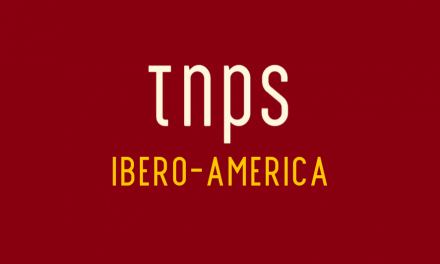Booklovers don’t buy audiobooks to keep narrators in a job. They buy audiobooks because they love the product.
From Rolling Stone, under the headline “A viral Drake and The Weeknd collaboration is completely AI-generated, but fans don’t mind.“
“The song, ‘Heart on My Sleeve,’ was created from scratch by TikTok user Ghostwriter977, who slapped on a Metro Boomin producer tag and has since amassed over 11 million views.“
(UPDATE – the item was eventually taken down from Apple and Spotify for obvious reasons, but not before clocking 600,000 streams on Spotify, and the TikTok views rising to 15 million.)
The IP issues around this story are getting plenty of column inches, and rightly so, but we would do well to remember the AI being used here is not, mostly, at fault. The person who used/abused the AI in this way is.
The thorny issue of how AI “trains” itself is a largely separate matter, and one that of course needs exploring legally and ethically, but we should not delude ourselves that a human creator comes to the table with no training and no influences from past artists, no studying of past masters.
Painters copy the classics to hone their skills, writers read everything in their intended genre to hone their skills, chess masters study every move of their opponents to ensure they can compete…
What scares us with modern AI is not the training per se, but the speed and scale of how AI trains itself.
But perhaps the more important story here, to hark back to the Drake and The Weeknd AI-generated copy that went viral, is that so many people were comfortable with the quality, or did not even realise it was not the real thing.
In the publishing arena we see so many players knee-jerk denouncing AI because, they scream, it is an inferior product, and can never replace human activity.
Well if that’s the case, why all the The Sky Is Falling doom-mongering about jobs and the end of civilisation as we know it?
The reality is AI is absolutely a threat to publishing jobs, and we need to come to terms with that, not pontificate about how we cherish employees while paying them as little as we get away with and issuing redundancy notices the moment the margins start to hurt.
AI is a threat to human jobs in the same way the car was a threat to horse-drawn carriages, TV was a threat to cinema, ebooks were a threat to print, and electric lamps were a threat to candlestick makers.
There will be winners and losers, but the overall result is we all move forward, some elements will emerge stronger (print and cinema for example) and niches will remain for those who want that personal touch of nostalgia and a candlelit dinner.
The message from this latest AI product going viral is clear. Consumers buy into what they want and what they are happy with.
Booklovers don’t buy audiobooks to keep narrators in a job. They buy audiobooks because they love the product. No-one buys the next JK Rowling book because they think she needs the money.
In the same way, consumers don’t buy food to keep farmers employed, and they don’t buy cars to keep assembly-line workers employed.
How many publishers’ offices are today lined with typewriters because publishers were concerned about the people who worked in the typewriter factories? How many publishers insist authors mail in their submissions to keep the postal workers in their jobs?
Publishing moves, albeit often reluctantly, with the times.
If a tech advance fails to prove it is an advance it will fall by the wayside, replaced by something else. That’s progress.
We all love the romance of steam trains and sailing ships, but they are not commercially viable in a modern society.
Nor is writing a manuscript with a quill pen.
Publishers need to engage with AI, to understand its potential, and help define the legal and ethical parameters to ensure it is not abused in the way of the example song that opened this essay .
Calling for bans on development and asking platforms for blanket bans on AI content is not going to help anyone.
And claiming to do so because we care about our creators rings hollow when royalty rates are still at twentieth century levels while publisher profits soar.
Publishers need to help set the parameters and ensure IP is protected, and then help producers to put out their best possible work, with the help of AI to smooth the production process.
And then let the consumer decide what they like.
#AI #AIpublishing #BewareTheFutureItsCloserThanWeThink





All of this is noise. I’m not disparaging your reporting. Your reporting is excellent and insightful. The “AI threat” is a canard. The ONLY thing that matters is that creators get credited and paid for their work. So the question (and the 800-pound gorilla in the room) is …. wait for it…. how can AI-produced content get distributed where creators who need to get compensated, get compensated?
The answer is, (and the answer is obvious), that no matter how content is remixed, by AI or by other means, the original creators of the content get compensated no matter how that content is remixed and distributed. Oh, that ain’t all. The people who remix and distribute that content also get compensated. Has the top of your head blown off already? It should. What’s proposed here explodes the status quo.
And guess what? It’s already happening. Have fun!
Thanks, Glenn.
I think the real problem for us right now is that this is all to early and evolving too fast for us to keep on top of.
Especially in an industry like ours where proactive engagement is rare and reactions tend to come in two categories – knee-jerk The Sky Is Falling or look the other way.
Creator credit and compensation is of course the key concern, but we already have laws (some less robust than others, many not enforced) that protect IP, and we already see some cases heading to Court, which will help set legal precedents in some countries.
Despite which “traditional” piracy abounds across all formats, and is unlikely ever to be eradicated.
Where AI muddies these waters is in us knowing and being able to prove which elements are unauthorised excess rarer than legitimate artistic evolution. Ironically the best way of identifying such breaches of IP etiquette and law will inevitably be…AI.
And somewhere down the road AI will allow us to identify and address credit and compensation for creatives and to flag egregious breaches of IP as they happen.
Meanwhile we’re in for a bumpy, but mostly enjoyable ride.